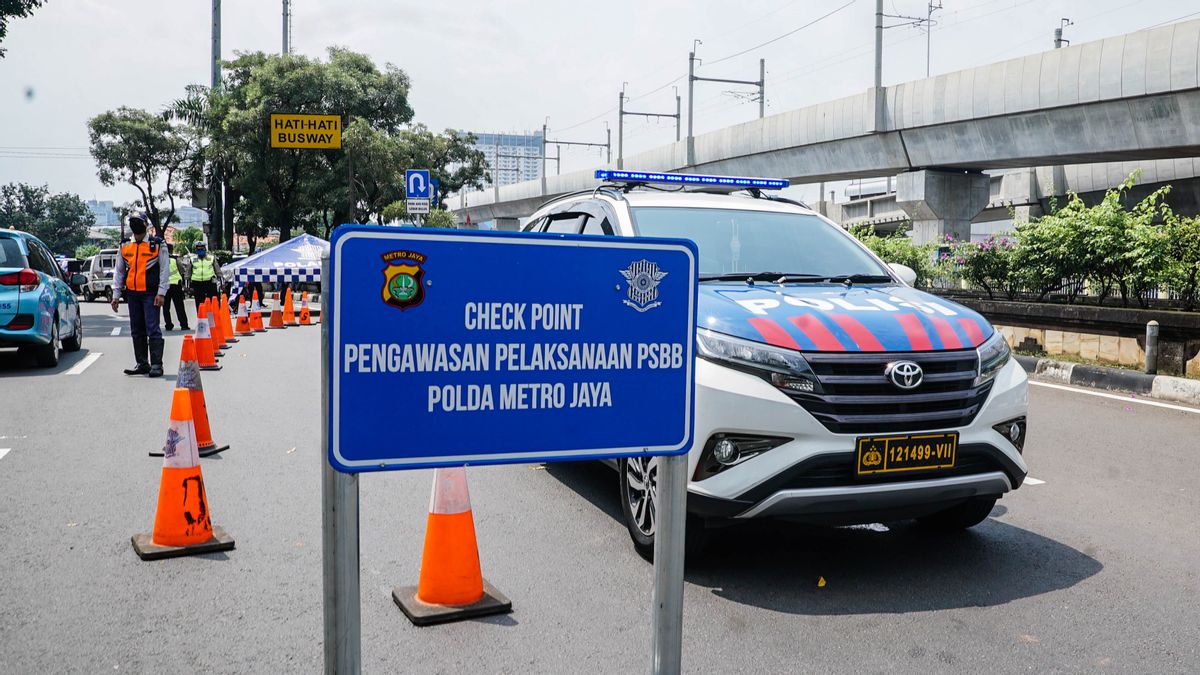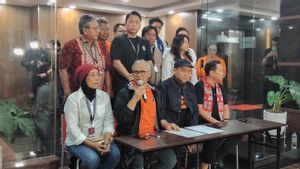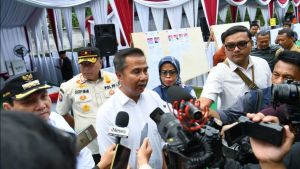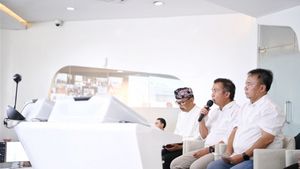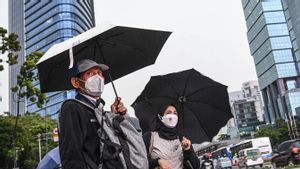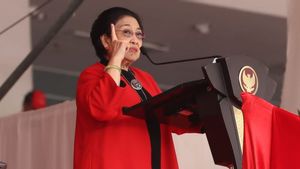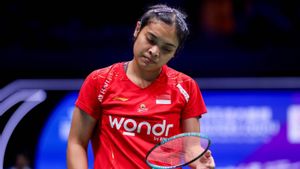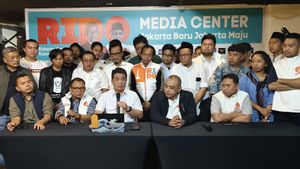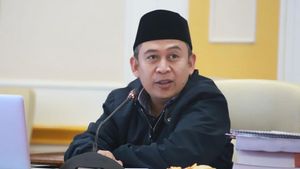JAKARTA - The Transitional Large-Scale Social Restriction (PSBB) for DKI Jakarta will end today. Epidemiology expert from the University of Indonesia, Pandu Riono suggested that Anies extend the transitional PSBB period in DKI. Because, he said, the development of COVID-19 cases in Jakarta was still high and the curve of cases had not slowed down.
"Indonesia has not yet been able to live up to the new normal. Moreover, Jakarta, whose cases are getting higher. Should, the transitional PSBB should be maintained, don't move to the next phase," Pandu told VOI, Thursday, July 16.
Pandu said, when an area imposes new norms, it means that all activities can be reopened. If during the transitional PSBB activities that gather people in closed spaces are not allowed, during the new normal period the activity can be permitted.
The problem is, said Pandu, when these activities have reopened, the potential for COVID-19 transmission will be even greater. This is because the World Health Organization (WHO) has confirmed that the corona virus can be transmitted through the air for several hours. The small particles that can survive in the air are called microdroplets.
So, activities in closed places that usually only use air conditioner (AC) as air conditioning can increase the concentration level of the spread of COVID-19.
The use of air conditioning in a closed room does not allow air circulation from outside to take turns in. That way, when someone infected with COVID-19 sneezes and talks, the microdroplet will only move indoors.
"Activities in closed places that have a large risk of COVID-19 transmission, such as karaoke venues, discotheques, cinemas, wedding receptions, concerts, or dangdutan which are still closed, do not open yet," said Pandu.
"You have to be sure that the permitted places have good air ventilation, then they are ready to implement and maintain the COVID-19 protocol," he continued.
Pandu acknowledged that these business actors wanted the DKI Pemprov to allow their business activities to return in order to maintain the economic downturn. However, Pandu reminded that currently it is still a health emergency. Where, handling COVID-19 is the main thing compared to the economic recovery which is currently progressing slowly.
"Yes, what else can I do? Do you want all of those activities to be infected with COVID-19? The fear is that when it was opened, suddenly there was a new cluster. People don't want to go there anymore. That actually makes them lose too," said Pandu.
During the determination of the PSBB period, Pandu admitted that the DKI Jakarta Provincial Government often asked for input and considerations from an epidemiological perspective from the Faculty of Public Health (FKM) UI in making policies, such as the implementation of PSBB and PSBB transitions.
However, at this time, Pandu admitted that his party had not been asked to come directly to provide input. "We have not been asked for a meeting. We have submitted written input, anyway. But usually they will ask for input orally as well," he said.
As is well known, today's transitional PSBB period ended. The transitional PSBB started on 5 June and ended on 2 July. Then, DKI Jakarta Governor Anies Baswedan extended the transitional PSBB period from July 3 to July 16 (today).
In determining policies, Anies has a number of choices, whether to continue the transitional PSBB, relax the PSBB and move towards a new normal, or even tighten the PSBB.
The English, Chinese, Japanese, Arabic, and French versions are automatically generated by the AI. So there may still be inaccuracies in translating, please always see Indonesian as our main language. (system supported by DigitalSiber.id)
